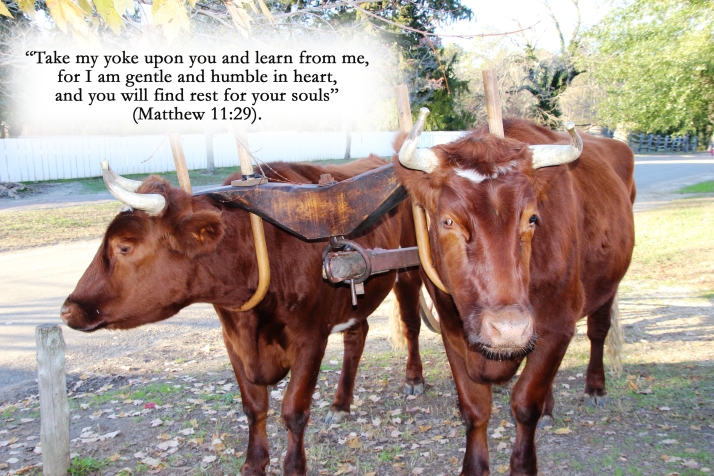
How can water help when you’re drowning? Would staring at it help? How ‘bout tossing a coin into it, with a wish all your troubles would vanish?
Maybe you could hold it all together if your sole responsibility was to parent a child with mental illness (MI). But MI doesn’t come in a vacuum. For me it comes with being a wife, mother to my son and his wife, grandmother to their two daughters, patient of multiple sclerosis…
Perhaps water could help. A marine biologist believes water has stress-reduction qualities. I read about it in Washington Post’s article By Eric Niiler “‘Blue Mind’ explores the calming effect that water has on people.” The title grabbed my attention.
The article, posted on Jul 28, 2014, had huge implications for people living with MI. Marine biologist, Wallace J. Nichols wrote a book entitled Blue Mind to share his research findings. He found evidence of the healing power of water.
In a telephone interview with The Post Nichols was asked, “What is ‘the blue mind?’”
He replied, “It refers to a mildly meditative, relaxed state that we find ourselves in when we are in, on or under water. It’s something I’ve been experiencing and observing my whole life.”
So the solution to our troubles lies in immersing ourselves in water. For how long? Could we go on a scuba diving excursion and return home to a normal life? I doubt it.
I do believe the key lies in water, however. Passages which involve water offer much hope. In Mark 4:38, for example, we read about how Christ, “rebuked the wind and said to the waves, ‘Quiet! Be still!’ Then the wind died down and it was completely calm.”
It’s easy to give into feelings of abandonment. We’re tempted to cry, “God, where are You?” It helps to know Christ’s disciples looked at the turmoil surrounding their sinking boat and assumed He didn’t care. They dared ask Him, “‘Teacher, don’t you care if we drown (Mark 4:37)?’”
Christ didn’t rebuke the disciples. He rebuked the wind. Because of His love for the disciples. He wants us also to bring our cares to His throne of grace.
We can pray to the One who calmed the wind and waves:
Dear Jesus,
I don’t know why my child has MI. But I believe You care about my child, my family, and me. I praise You for Your power over all things. In the midst of this tumultuous time, calm my fears. Restore peace in my child and household. In Your precious name I pray, Amen.
That prayer could be whispered in complete confidence that Christ hears and answers. Or it could be spoken with uncertainty.
Did He hear that? Was He listening? Will He answer? It’s possible. Maybe. I hope so. What if He doesn’t?…
Rough waters give us a picture of doubt. James 1:6-8 describes the prayer of one with shaky faith.
“But when you ask, you must believe and not doubt, because the one who doubts is like a wave of the sea, blown and tossed by the wind. That person should not expect to receive anything from the Lord. Such a person is double-minded and unstable in all they do (James 1:6-8).”
When Chris was a toddler, he’d ask me for his lunch. I’m pretty sure he didn’t follow up his request with these thoughts:
I wonder if my Mom will feed me today. Did she hear me ask for my lunch? Should I ask again? Did I remember to say ‘please’? She fed me yesterday, but maybe she’s too busy today.
A young child can be certain of his earthly mother’s love and care. Jesus used our imperfect love to help us understand God’s abiding care.
“Which of you, if your son asks for bread, will give him a stone? Or if he asks for a fish, will give him a snake? If you, then, though you are evil, know how to give good gifts to your children, how much more will your Father in heaven give good gifts to those who ask him (Matthew 7:9-11)!”
His point: we can ask with certainty that God hears and answers.
It’s nice to have data from a marine biologist to validate what we know: water is relaxing. It’s also refreshing. But the living water Christ spoke about in John offers much more than quenching a thirsty mouth. Jesus promises that, “Whoever believes in me, as Scripture has said, rivers of living water will flow from within them (John 7:38).”
Several commentaries help us understand the richness of that promise.
Benson’s Commentary explains that whoever believes in Jesus, “shall not only be refreshed and comforted himself, but shall be instrumental in refreshing and comforting others.”
God’s comfort can flow through us to our hurting and vulnerable child with MI.
Matthew Henry’s Concise Commentary provides this insight: “The comfort flows plentifully and constantly as a river; strong as a stream to bear down the opposition of doubts and fears. There is a fullness in Christ, of grace for grace. The Spirit dwelling and working in believers, is as a fountain of living, running water, out of which plentiful streams flow, cooling and cleansing as water.”
God’s comfort is limitless. No matter how often we seek His comfort, we can be sure it will never end.
Ellicott’s Commentary for English Readers describes the indwelling power. “There is in him a power of life which, when quickened by faith, flows forth as a river.”
We have unlimited comfort and grace flowing through us. Now THAT’S refreshing.
So I don’t cry, “Calgon take me away!” Instead I cry, “Christ, flow through me today!.”









